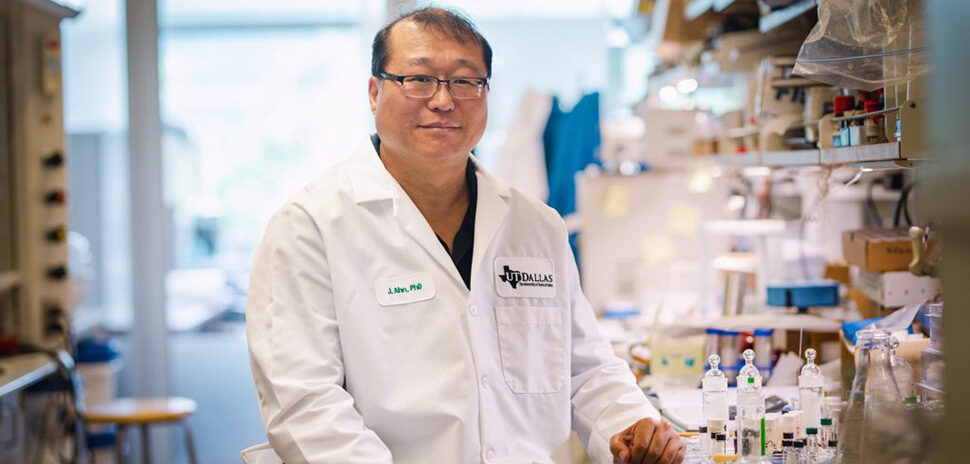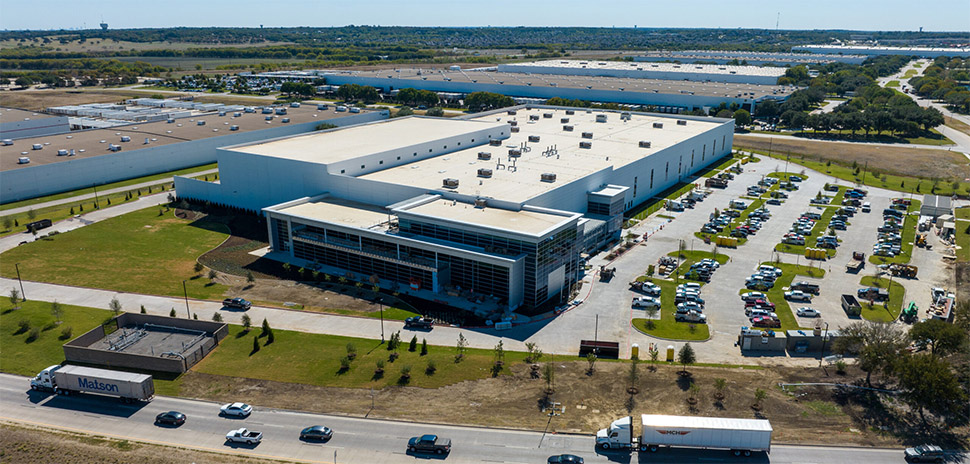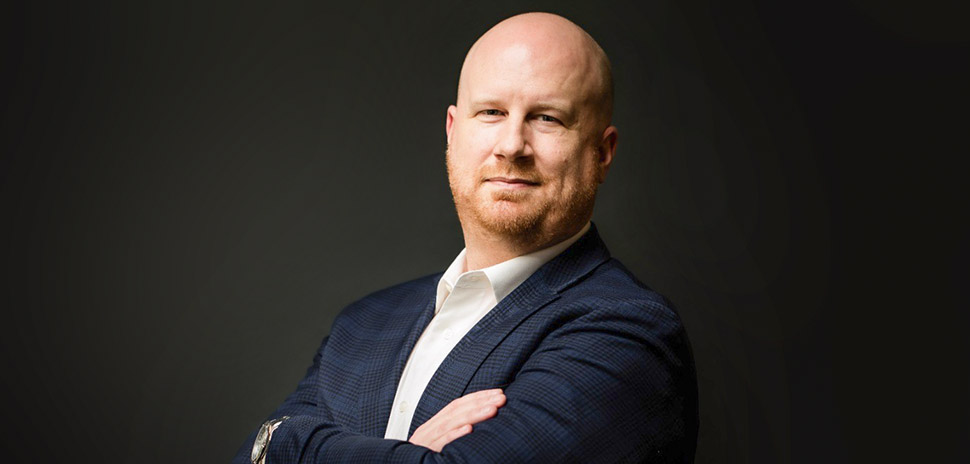Dallas-based Susan G. Komen—one of the world’s leading nonprofits raising money for breast cancer research, awareness and community programs—has launched a cloud-based research platform specifically for breast cancer patients and survivors to share their personal health data with the organization. The data will be used to accelerate breast cancer research and help discover cures for breast cancer, Komen said.

Paula Schneider
The platform is part of a Komen-led initiative called ShareForCures, which aims to revolutionize the way health data are collected and used for groundbreaking research.
“ShareForCures is a solution for two pressing problems,” Paula Schneider, president and CEO of Susan G. Komen, said in a statement. “The first issue being people affected by breast cancer cannot easily contribute to cutting-edge research and secondly, researchers do not have access to large amounts of diverse patient data.”
“We will never get to true breast health equity if we do not include everyone in research,” Schneider added. “Now, with ShareForCures, we have a way for millions of people affected by breast cancer to share their health information and profoundly impact outcomes.”
Fewer than 10% of adult cancer patients enroll in clinical trials
In the U.S., fewer than 10% of adult cancer patients enroll in clinical trials, and among them, fewer than 10% of enrollees are from historically marginalized or minoritized racial and ethnic groups, Komen noted.
That underrepresentation in clinical trials can mean we don’t have a comprehensive understanding of how breast cancer impacts all people, the organization said, since patients with the same tumor don’t always respond the same way to the same therapies.
Tumor biology combined with race, age, gender, genetics, lifestyle, lived experiences and other personal characteristics all play a role in breast cancer outcomes, Komen said.
Boosting research participation by easing access
Through ShareForCures, Komen aims to boost research participation by making it easy for individuals diagnosed with breast cancer to participate. The organization plans to engage all communities in a “monumental” effort to revolutionize representation in breast cancer clinical trials.
“Susan G. Komen is uniquely positioned to engage its community of supporters and we are thrilled to bring research opportunities directly to people who have been impacted by breast cancer,” Victoria Wolodzko Smart, SVP of Mission at Komen, said in the statement. “Our online format also helps to break down barriers created by time and distance, because not everyone lives near a research center or has time to travel. We’re here to support participants and appreciate that they are volunteering their own health information to make a lasting difference in research.”
Data ‘won’t be siloed in research institutions’
One goal of ShareForCures is “to safely and securely connect health data provided directly by participants to researchers.” Data won’t be siloed in research institutions, at specific providers or in specific medical record platforms, Komen noted. Instead, it will be made available to research partners and academic scientists approved by the organization—leaning on its decades of experience in funding research—”to really drive breast cancer discoveries.”
“We know there are challenges within the research system that Komen alone cannot solve,” said Kim Sabelko, PhD., Komen’s VP of Scientific Strategy and Programs. “What we’ e done is build a registry that is intentionally inclusive. There are only three, simple eligibility criteria: being an adult, living in the U.S. and having a diagnosis of breast cancer. We’re going directly to potential participants and inviting them to be our partners in research. We’re shaking up the system with ShareForCures, to give us the knowledge and real-world data from people reflecting the true breadth of lived experiences of those diagnosed with breast cancer that we need to reach the full potential of research to advanced personalized care and improve outcomes for everyone.”
ShareForCures was made possible by financial support from AstraZeneca, according to the Komen organization.
For more information about the ShareForCures program—including how to register and the privacy protections offered—you can go here.
![]()
Get on the list.
Dallas Innovates, every day.
Sign up to keep your eye on what’s new and next in Dallas-Fort Worth, every day.





































































